There were quite a lot of books to catch up on this month, but two of them stood out for their quality. As a result, they're going to get full-length treatments, and the other books we read will be dealt with later. So please enjoy these exciting offerings, reviewed by two of the Journey's finest writers…

by Victoria Silverwolf
No Man on Earth, by Walter Moudy
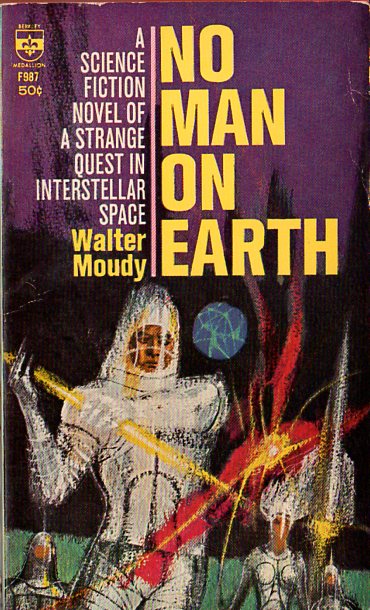
Cover art by Richard Powers
Mister Moudy, Mysterious Missourian
Here's a writer who is completely new to me. In fact, after doing a little research, I believe that he is new to all readers. As far as I can tell, this is his first published work of fiction.
Beyond that interesting fact, I have been able to discover very little about the author. He comes from the Show Me state; he's an attorney; and his middle name is Frank. The book is dedicated to his wife, Marguerite.
In a way, it's a good thing to approach a novel without any preconceptions about the person who wrote it. We predict that certain elements will appear in a work by Heinlein or Bradbury. I have no idea what to expect from Walter Frank Moudy, so I hope I can provide an objective look at this fledgling effort.
Child of Violence
If you were to tear off the covers of this book — not that I suggest actually doing such a horrible thing — and hand it to me without the blurbs that appear on front and back, it would take me quite a while to figure out that it's a science fiction novel. The first few chapters make it seem like a backwoods fantasy, something like a darker version of the stories of the wandering balladeer John, which have appeared in The Magazine of Fantasy and Science Fiction for some time now. (They can also be found in the collection Who Fears the Devil?, published last year by Arkham House, if you can find a copy of this limited edition, and are willing to shell out four bucks.)
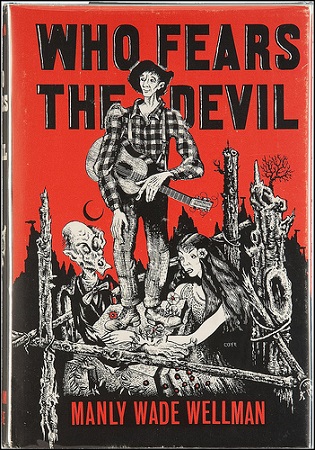
Cover art by Lee Brown Coye
The novel begins with a young woman about to give birth. Her painful memories tell us that she was raped by a man she thinks is a witch. Everything about the setting, and the woman's dialect, suggests that this takes place in a primitive settlement in the mountains. (At first I thought it was Appalachia, but later details make it clear that we're in the Ozarks.)
The villagers wait for the child to be born, intending to kill it as a unnatural monster. The woman's brother, and the local midwife, who has secrets of her own, manage to save the baby's life. The newborn boy seems to be perfectly normal, but he learns to speak by the age of six months, and grows into a super-intelligent preteen with strange powers. Both loved and hated by his mother, he runs away from home after she makes a feeble, tearful attempt to end his life.
Escape From the Reservation
We get our first hint that the novel is set in the future when we find out that the First World War took place a century and a half ago. What makes this even stranger is the fact that the mother believes it was the last war that ever took place. At this point, I wondered if the villagers were so isolated they knew nothing about recent history. That didn't make sense, because there's a school nearby with plenty of books. Was this some kind of alternate time line? The truth turned out to be quite different.
In fact, the villagers live in a reservation, separate from the rest of the USA in the late 21st Century, and are deliberately kept ignorant about the modern world around them. The midwife is actually an observer, studying their culture. The boy is the only resident ever to make his way out of the reservation, thanks to his superhuman intelligence. He manages to survive, and even thrive, in this strange new world, eventually becoming enormously wealthy, due to his ability to create highly advanced inventions.
Searching the Galaxy for a Father
The young man uses all his acquired money and power to build the world's first faster-than-light spaceship. This technology threatens to upset the balance of power, which could lead to Armageddon. (In this future world, there was a limited atomic war. After this disaster, both sides of the Cold War worked together to make sure that neither gained any advantage over the other. The FTL drive could destroy this uneasy peace.)
The protagonist wants to explore the cosmos, determined to find the humanoid alien who impregnated his mother. In order to ensure that he does not return the spaceship to Earth and reveal its secrets to either power, he is accompanied by a female Russian cosmonaut and a male American astronaut, each keeping watch over the other. Acting on the orders of the President of the United States, a Federal law official is also along for the ride. His mission is to ensure that the spaceship does not return at all, even if it means killing the young man, of whom he has grown very fond.
What follows is a series of encounters with several different alien species, mostly very similar to human beings. After many adventures, the main character eventually tracks down his father, leading to the dramatic conclusion.
A Very Mixed Bag
This is an unusual science fiction novel, not quite like anything else I've ever read. In addition to reminding me of Wellman, as I've mentioned, it also brought to mind traces of Philip K. Dick, A. E. van Vogt, and Theodore Sturgeon. That's a quartet of very different writers, and I'm probably greatly misleading you by mentioning their names.
The book consists of many highly varied sections, told from several points of view. One particularly interesting chapter consists of multiple first person narratives, relating how different alien societies, from primitive to advanced, react to the human visitors.
Despite its frequent changes of mood, the author manages to make the novel into a coherent whole. (One chapter, late in the book, can only be described as a bedroom farce. Even this lighthearted interlude turns out to be relevant to later events.)
The complex plot always kept my interest. The characters, for the most part, are fully developed and win the reader's empathy. (The fate of one character, whom I have not even mentioned, comes as a real shock, about halfway through the book.)
The story has a fair amount of sexual content, particularly for a paperback science fiction novel. This, by itself, shouldn't bother mature readers, but one scene repelled me. Without giving anything away, let's just say that it reminded me of the late Ian Fleming's James Bond novel The Spy Who Loved Me, which contains this statement from the female narrator.
All women love semi-rape. They love to be taken. It was his sweet brutality against my bruised body that made his act of love so piercingly wonderful.

Cover art by Richard Chopping, for what is generally considered to be the worst Bond novel
Like this quote, the scene in question made my skin crawl, particularly after the author effectively conveyed the young woman's horror of being raped at the very start of the story. Readers are also likely to find the end of the novel disturbing, in a similar way.
Despite my serious concerns about the book's treatment of sexual violence, overall I thought it was a good novel, particularly for a first effort.
Four stars.

by Cora Buhlert
Davy by Edgar Pangborn
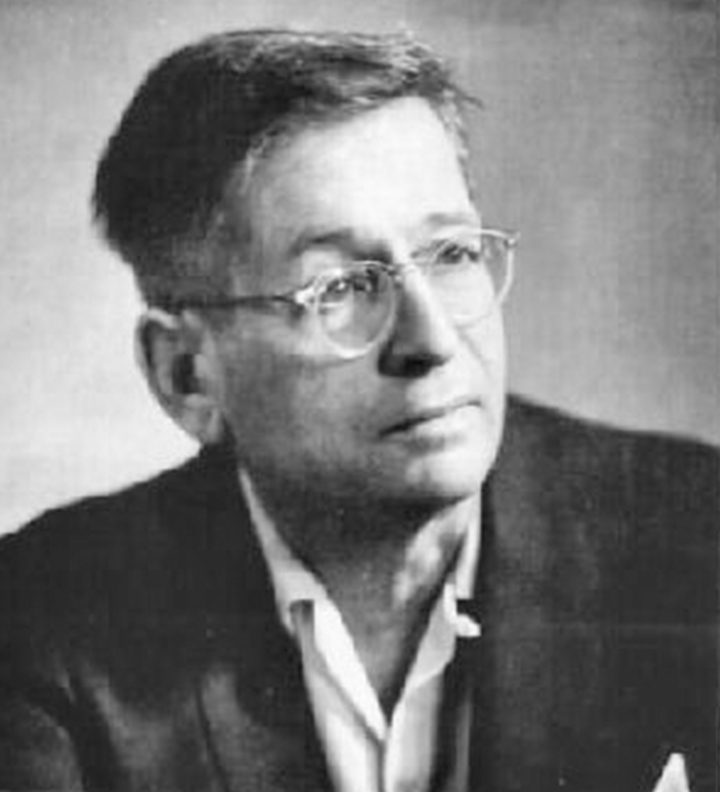
Edgar Pangborn has been writing science fiction under his own name for thirteen years at this point and was apparently writing under other names before that. However, none of his stories have been translated into German and the availability of English language science fiction magazines is spotty at best. Therefore, I had never encountered Pangborn's work before, when I came across his latest novel Davy in my local import bookstore.
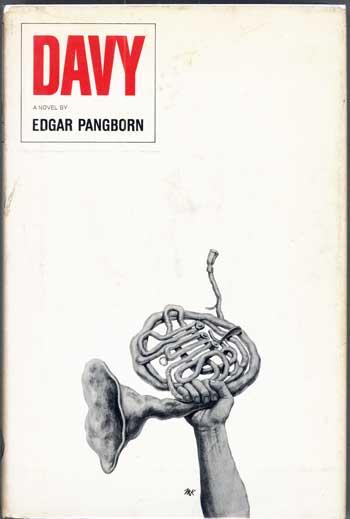
Davy does not look like a typical science fiction novel. It's a hardback, for starters, with a plain cover enlivened only by a drawing of a man's hand holding a French horn. However, the cover is completely appropriate, because Davy is not your typical science fiction novel. Besides, a French horn plays an important part in the story.
Davy is set approximately three hundred years after a nuclear war, followed by various natural disasters, wiped out most of North America and threw what remained back into the dark ages. The North Eastern US has been reduced to small fiefdoms and walled towns besieged by mutated beasts that roam the wilderness. The Holy Murcan Church rules over all, hoarding forbidden knowledge from the "Old Time" and keeping the population in ignorance. Though the reader will have to infer this for themselves, because Davy takes the form of a memoir written by the titular character, with occasional footnotes and asides from Davy's wife Nickie and good friend Dion.
Coming of Age in the Post-Apocalypse
In a rambling and roundabout way, Davy tells us that he was born in brothel, which is why he has no last name, raised in an orphanage and eventually sold as a bond servant to an innkeeper. Though he has little formal education, Davy is intelligent. By his early teens, he begins to question church doctrine, though he wisely keeps his doubts to himself, as heretics are mercilessly executed. Davy dreams of running away and eventually does, after the stealing the French horn seen on the cover from a "mue" – a mutant Davy had befriended in defiance of church doctrine – accidentally killing a city guard and losing his virginity to Emmia, the innkeeper's daughter.
We get a blow by blow account of the latter event. As a matter of fact, Davy talks quite a lot about his sexual adventures, which frequently involve wrestling his partners into submission. Davy certainly gives a lot more room to sexual matters than is common even in the fairly liberal science fiction genre. Readers who are uncomfortable with such scenes may want to skip this novel.
After his escape, Davy falls in with a group of deserters from one of the many skirmishes between the various fiefdoms, finds his father and eventually joins a troupe of travelling entertainers named Rumley's Ramblers, where his self-taught horn playing skills come in handy. After his father's death, Davy sets out on his own and meets Nickie, the love of his life, who is not just an aristocratic lady posing as a man, but also puts him touch with a secret underground society of heretics who try to preserve "Old Time" knowledge. Via Nickie, Davy meets her cousin Dion, monarch of the nation of Nuin (which roughly corresponds to modern day Massachusetts). Both Nickie and Dion and much of the Nuin aristocracy are casually described as black, while Davy himself is white and redhaired, racial prejudice having thankfully died out along with the pre-apocalyptic world.
Together, Dion, Nickie and Davy try to introduce reforms and break the stranglehold of the church. They lose and are driven out of the country. A ship takes them and a few followers to the Azores, where they settle down and build a utopian colony. The memoir is written during Davy's time aboard the ship. The novel ends with Davy planning to sail to Europe, after Nicky has died in childbirth, giving birth to a mutated baby that did not survive either.
A Unique Narrator
Davy's greatest strength is also its greatest weakness, for it is Davy's first person narration with all its charming idiosyncrasies that makes what could have been a standard post-apocalyptic yarn come to life. However, Davy is also given to digressions and if he decides to interrupt the ongoing story to talk about a storm at sea, the difficulties of making reading glasses without "Old Time" tools or to give us an overview of the various fiefdoms of his home region and their major cities, all of which bear the corrupted names of cities in the North Eastern US (which is probably more interesting to someone actually from the region, whereas I found myself constantly referring to a Rand McNally road atlas, trying to figure out what the names might stand for), the reader has no choice but to follow along. Many of Davy's digressions are fascinating, others are just dull. Furthermore, Davy also tends to skip over parts of his life – for example, he mentions taking part in a war to expel pirates from Cape Cod, but we never see this undoubtedly exciting episode.
Not Your Typical Science Fiction Novel
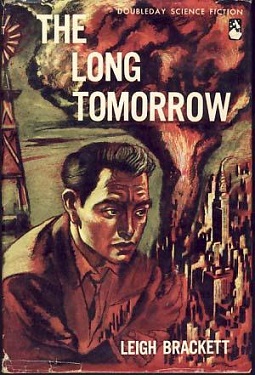
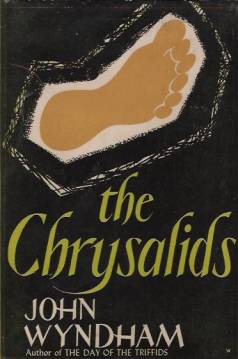
In the past fifteen years, nuclear war and its aftermath have become both a timely and popular subject for science fiction, resulting in such varied works as A Canticle for Leibowitz by Walter M. Miller, The Long Tomorrow by Leigh Brackett, "That Only a Mother" by Judith Merril, On the Beach by Nevil Shute, Alas, Babylon by Pat Frank or The Chrysalids by John Wyndham. Davy shares some DNA with these works and borrows the post-apocalyptic theocracy trying to suppress knowledge from The Long Tomorrow and The Chrysalids and the state-sanctioned murder of mutants from "That Only a Mother" and again, The Chrysalids, while the tale of a young man from humble origins making his way in the world is reminiscent of the various juveniles of Robert A. Heinlein and Andre Norton. But in spite of superficial similarities with other works, Davy is its own thing, a science fiction novel that doesn't feel very science fictional.
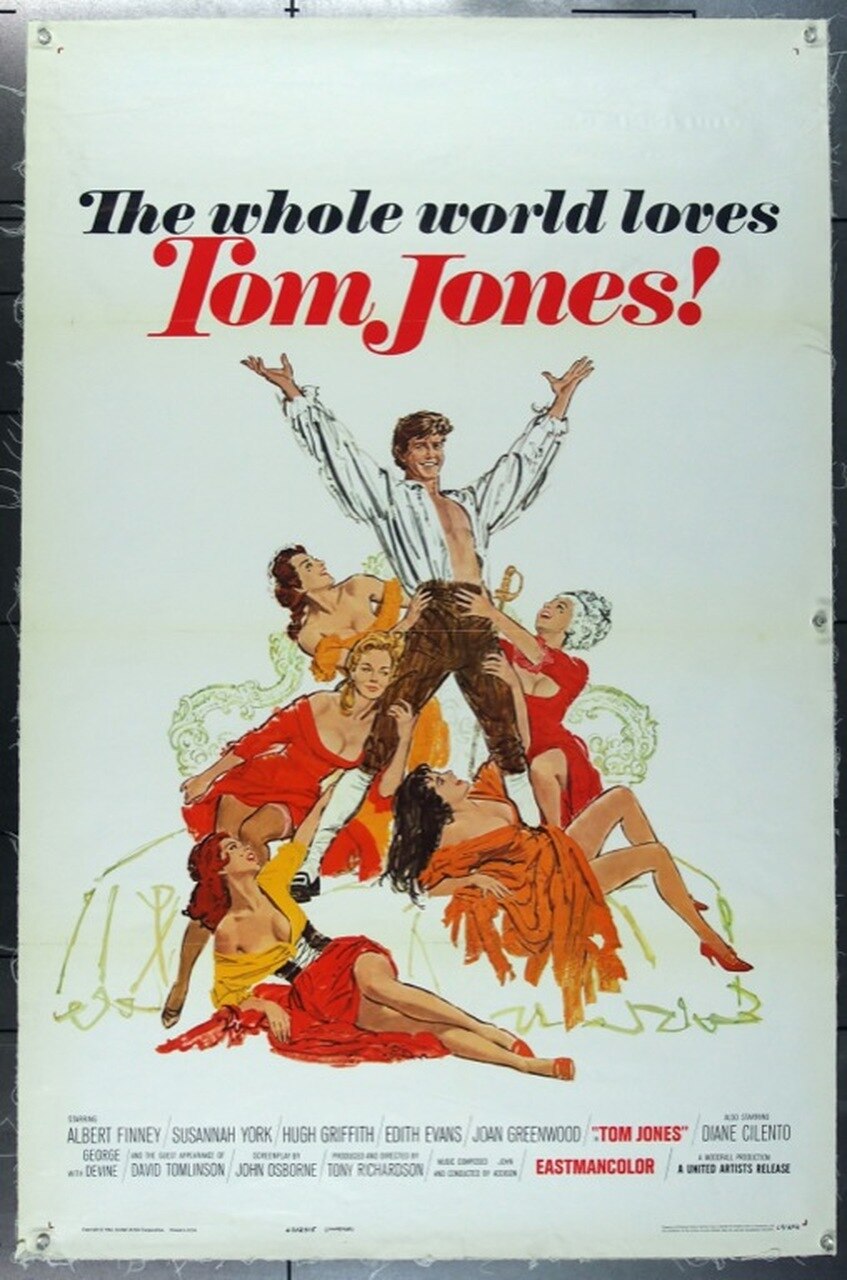
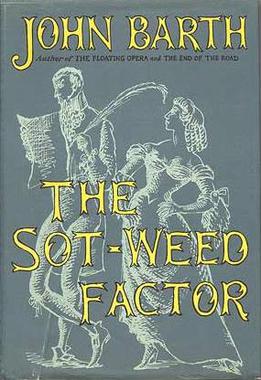
At heart, Davy is a Bildungsroman, reminiscent of such 18th century novels as The Life and Opinions of Tristram Shandy, Gentleman by Laurence Sterne and The History of Tom Jones, a Foundling by Henry Fielding as well as last year's successful film adaptation thereof. If we are looking for a modern day literary comparison, Davy is far closer to John Barth's 1960 novel The Sot-Feed Factor (and indeed Pangborn tuckerises Barth as an author of forbidden texts from the "Old Time") than to anything found in the pages of Analog, even if parts of Davy appeared in The Magazine of Fantasy and Science Fiction in February and March 1962.
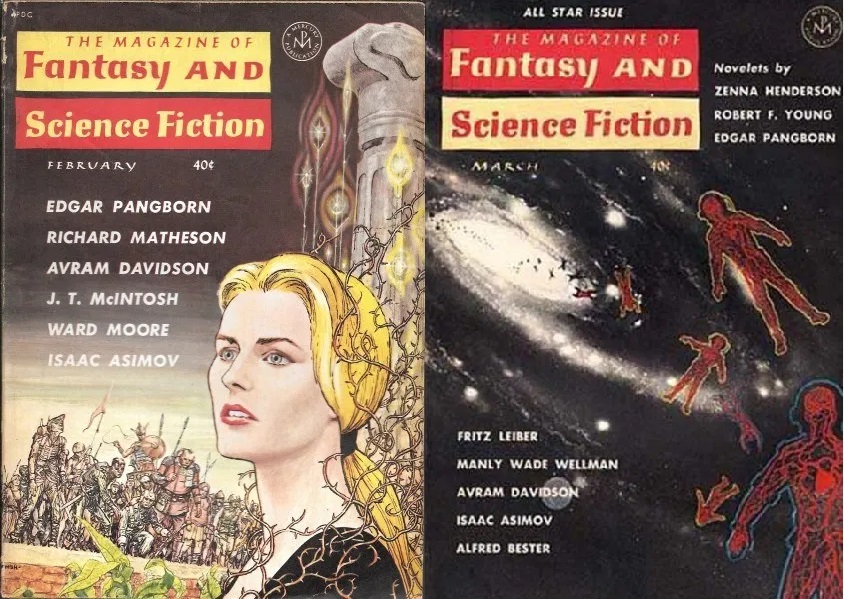
A highly enjoyable picaresque adventure in a post-apocalyptic New England.
Four and a half stars.
[Join us at Portal 55, Galactic Journey's real-time lounge! Talk about your favorite SFF, chat with the Traveler and co., relax, sit a spell…]

![[October 18, 1964] Out in Space and Down to Earth (October's Galactoscope #1)](https://galacticjourney.org/wp-content/uploads/2019/10/641018covers-672x372.jpg)
